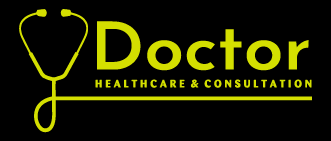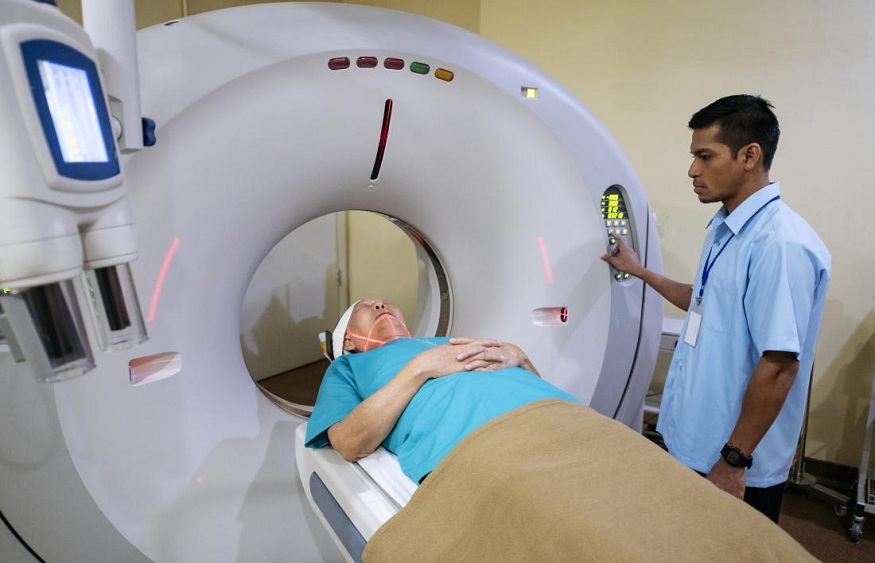Sugar Land CT scan is one of the most reliable and effective diagnostic tools used by medical professionals all over the world. CT scans, also known as computed tomography scans, involve the use of X-rays to create detailed images of the internal organs, bones, and tissues of the body. This non-invasive diagnostic tool is used to detect and diagnose a variety of medical conditions such as cancer, heart disease, and infections.
THE PROCESS OF CT SCANNING
During a CT scan, the patient lies on a table that moves slowly through a doughnut-shaped machine called a CT scanner. The scanner emits X-rays that are picked up by detectors and processed by a computer to produce detailed 3D images of the body. The process is painless and usually takes about 30 minutes to complete.
Before the scan, the patient may be asked to change into a hospital gown and remove any metal objects such as jewelry or dentures. In some cases, the patient may be given a contrast dye to drink or inject to help highlight certain areas of the body.
USES OF CT SCANS
CT scans are used to diagnose a variety of medical conditions such as:
- Cancer: CT scans can help detect tumors and determine the stage of cancer.
- Heart disease: CT scans can detect calcium deposits in the arteries that can lead to heart attacks and strokes.
- Infections: CT scans can identify infections in the body such as pneumonia and appendicitis.
- Bone fractures: CT scans can detect and evaluate bone fractures and dislocations.
- Internal bleeding: CT scans can detect internal bleeding and help guide treatment.
RISKS AND BENEFITS OF CT SCANS
Like any medical procedure, CT scans have both risks and benefits. Some of the benefits of CT scans include:
- Accuracy: CT scans provide detailed images that can help diagnose medical conditions that may not be visible on other diagnostic tests.
- Speed: CT scans are quick and non-invasive, making them an efficient way to diagnose medical conditions.
- Pain-free: CT scans are painless and require no recovery time.
However, there are also some risks associated with CT scans such as:
- Radiation exposure: CT scans involve radiation exposure which can increase the risk of cancer. However, the risk is generally low and is outweighed by the benefits of the scan.
- Contrast dye reaction: In rare cases, the contrast dye used in CT scans can cause an allergic reaction or kidney damage.
CONCLUSION
In conclusion, CT scans are an invaluable tool for diagnosing a wide range of medical conditions. They provide detailed images of the internal organs, bones, and tissues of the body, making them an essential diagnostic tool for medical professionals. While there are some risks associated with CT scans, the benefits generally outweigh the risks, making them a safe and effective way to diagnose medical conditions.



